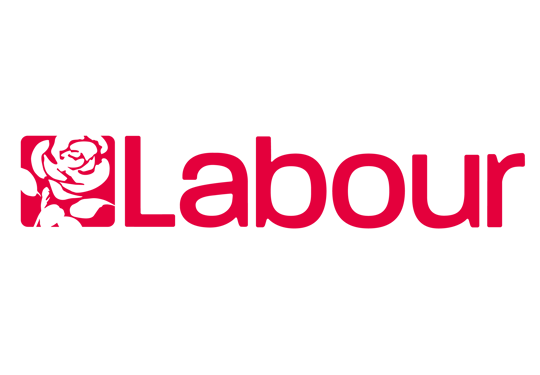The RCP has responded to the Labour party general election 2024 manifesto.
This week the Labour party published its general election 2024 manifesto.
In response, Dr Mumtaz Patel, vice president for education and training of the Royal College of Physicians, said:
"We welcome Labour's commitment to deliver the Long Term Workforce Plan with independent staffing projections. The next government must fund the plan’s commitments to doubling medical school and postgraduate training places – these are crucial steps towards mitigating our severe staffing shortages.
“But efforts to rescue what is an NHS in crisis will fall short unless they are underpinned by a comprehensive staff retention strategy. Our workforce is our health service’s most prized asset and retaining our staff and their expertise is mission critical for improving patient care. The next government must work to get the basics right, fostering a supportive working environment in the NHS where, alongside a zero-tolerance stance on bullying and harassment, physicians have protected time for education, training, career development, research and quality improvement. Politicians must create an NHS where staff are supported and proud to work for the long term. After all, staff have been under sustained pressure for a long time now. Many are feeling tired, undervalued and burned out – an important context to delivering more appointments.
“What is welcome is the Labour manifesto pledge to a shift towards community-delivered care, moving away from a sickness service - the current model is often not meeting the needs of our patients, and while the devil will be in the detail, this proposed change would be a step in the right direction.”
Professor Ramesh Arasaradnam, academic vice president with public health in his officer portfolio, added:
“To help tackle the overwhelming patient demand that staff are facing, we must also see prevention placed at the heart of the next government’s actions. We welcome Labour’s commitment to enact the socioeconomic duty in the Equality Act 2010, a move we and more than 250 other members of the Inequalities in Health Alliance have long called for. We also strongly support the commitments to ensuring the next generation cannot legally buy cigarettes and the proposed ban on junk food advertising – both moves will contribute significantly to public health.
“Labour's commitment to addressing the social determinants of ill health which drive health inequalities is welcome – the party has previously proposed a mission delivery board at the heart of government to bring together all departments with an influence over the social determinants of health. This approach will be needed to deliver the Labour pledge to halve the gap in healthy life expectancy between the most and least deprived regions. Tackling the growing societal causes of ill health requires a robust, coordinated effort that spans all government departments, which is why we have been calling for a cross-government strategy to reduce health inequalities that tackles the things which make us ill in the first place. The next government must pull every policy lever available, placing responsibility for good public health firmly at the feet of all government departments, not just the Department of Health and Social Care.
“Only through comprehensive planning can we bridge the growing gaps in health disparities, create a fully supported workforce ready to meet demand and build a truly effective and equitable health service which delivers excellent patient care.”





